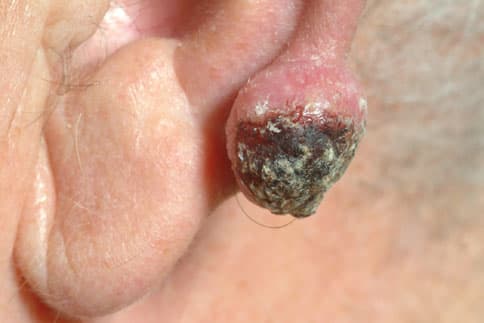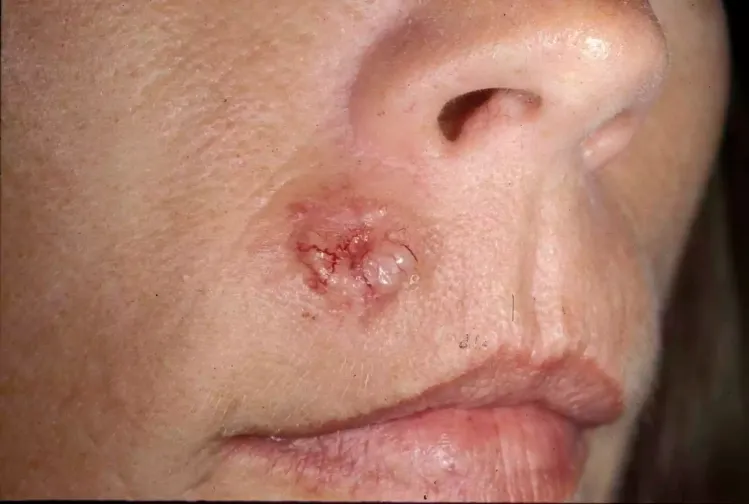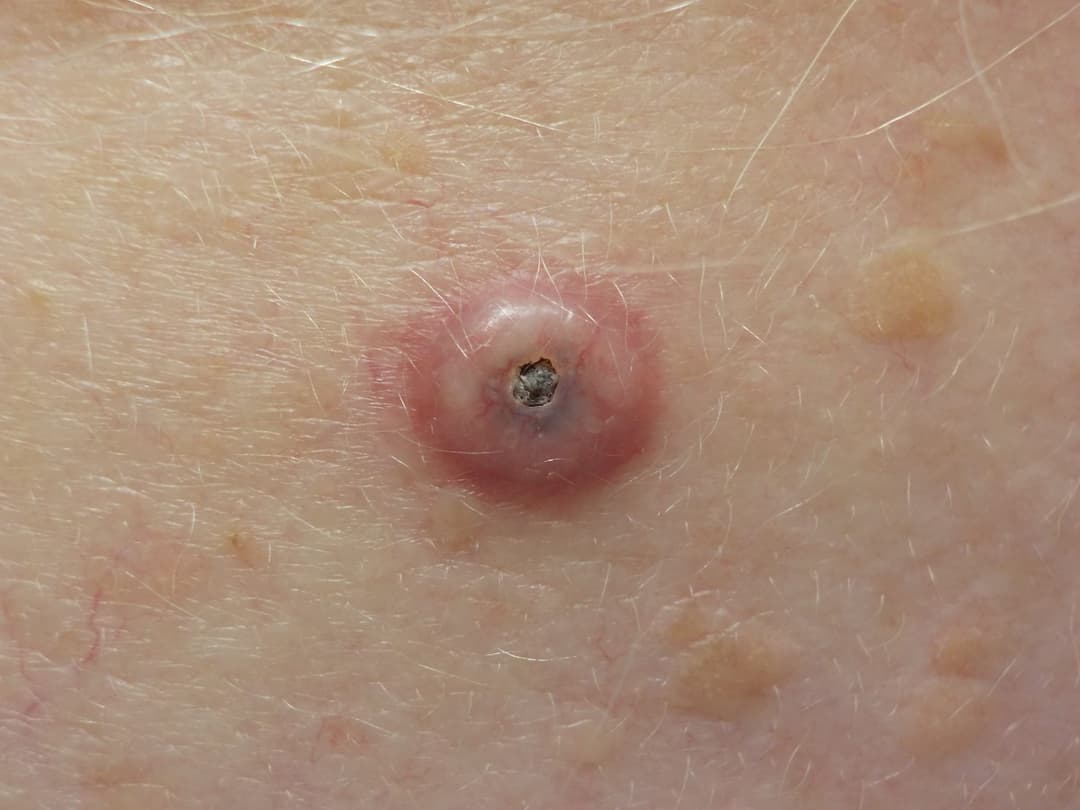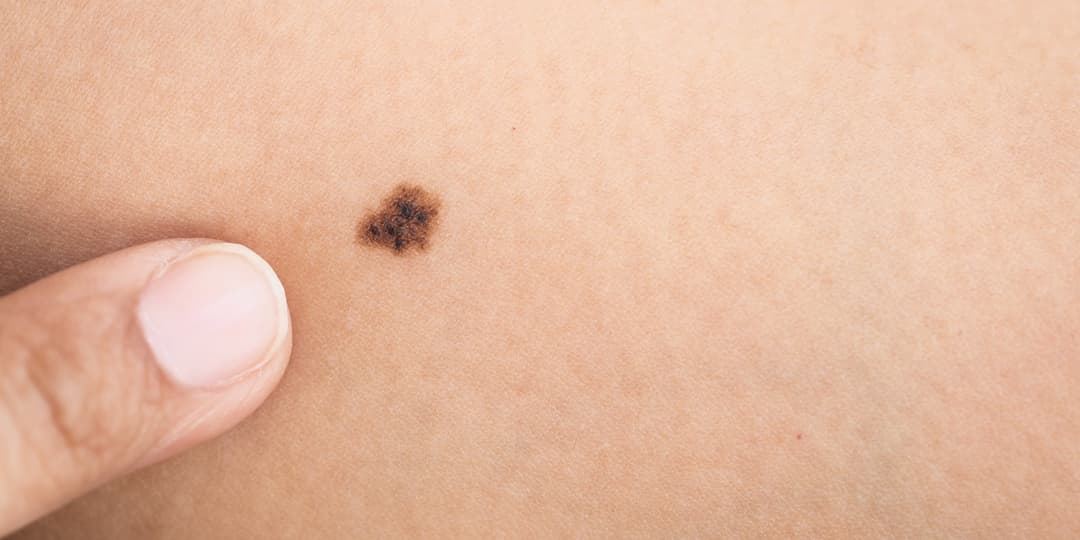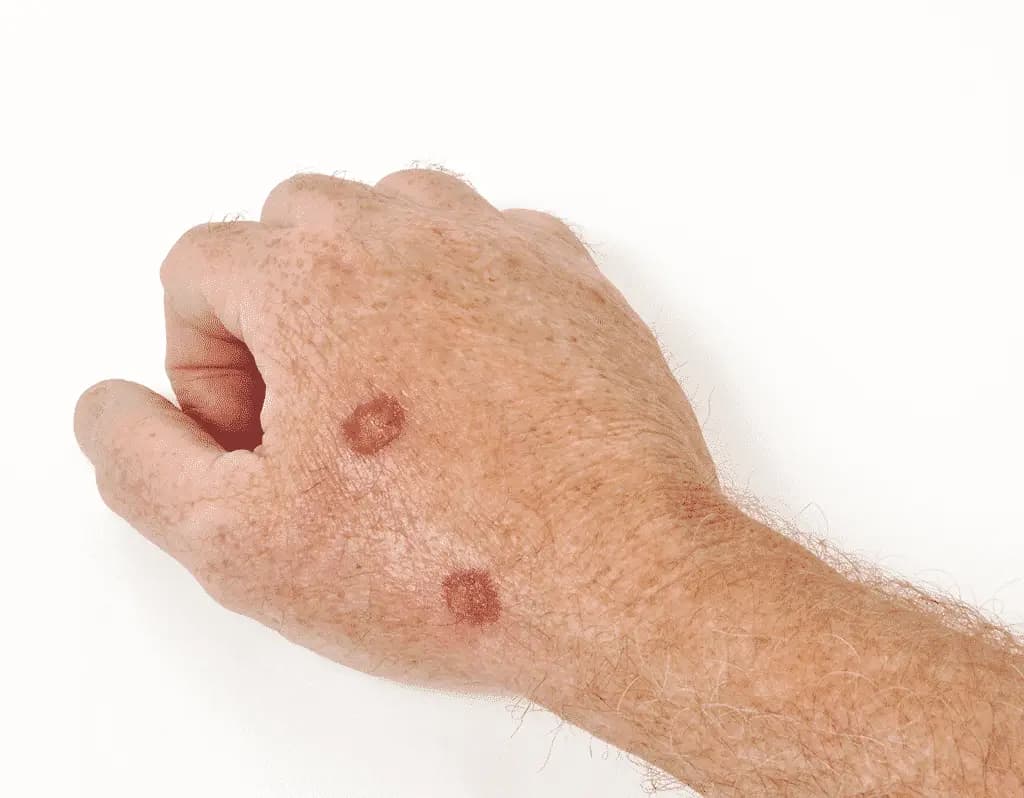
Actinic keratosis (AK)
Actinic Keratosis (AK), also known as solar keratosis or senile keratosis, is a precancerous condition that occurs when skin cells become damaged by ultraviolet (UV) radiation from the sun or tanning beds. It primarily affects the outer layer of skin (the epidermis) and can lead to the development of squamous cell carcinoma (SCC) if left untreated. AK is one of the most common precursors to skin cancer, and although it is typically benign, it requires careful monitoring and management.
Read moreActinic keratosis (AK)









